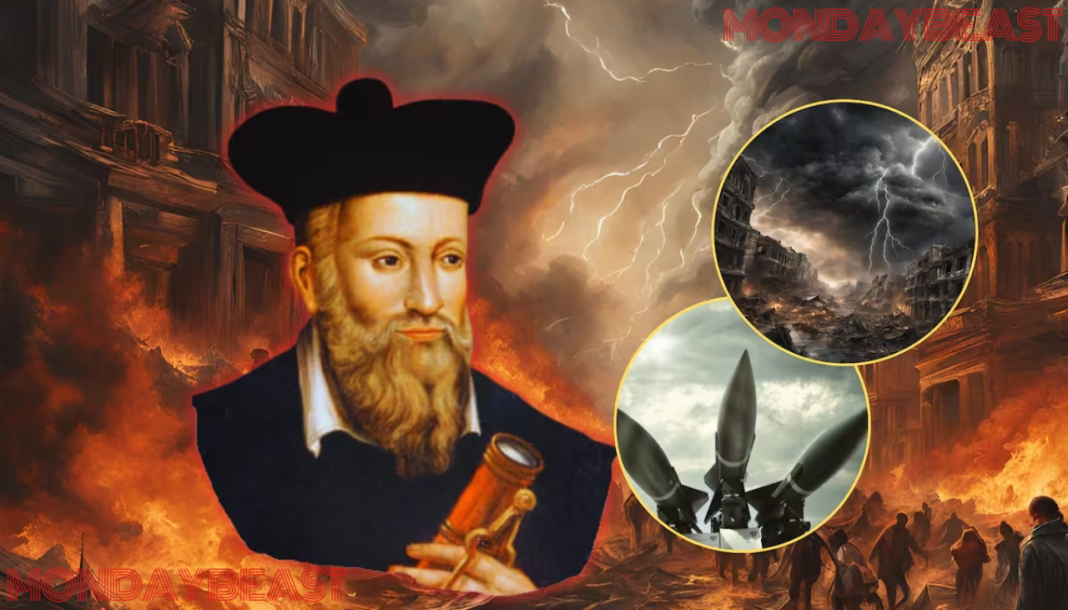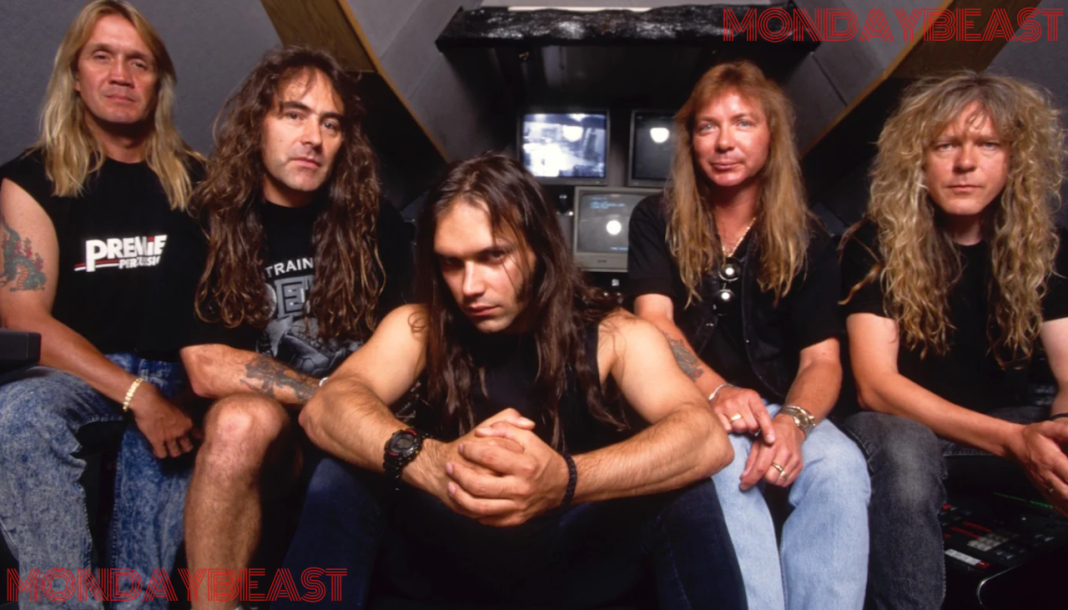Nostradamus, the enigmatic French astrologer, remains a figure of great intrigue. His predictions have danced in the public eye for centuries. Today, as we face a myriad of global challenges, his foresight seems more relevant than ever.
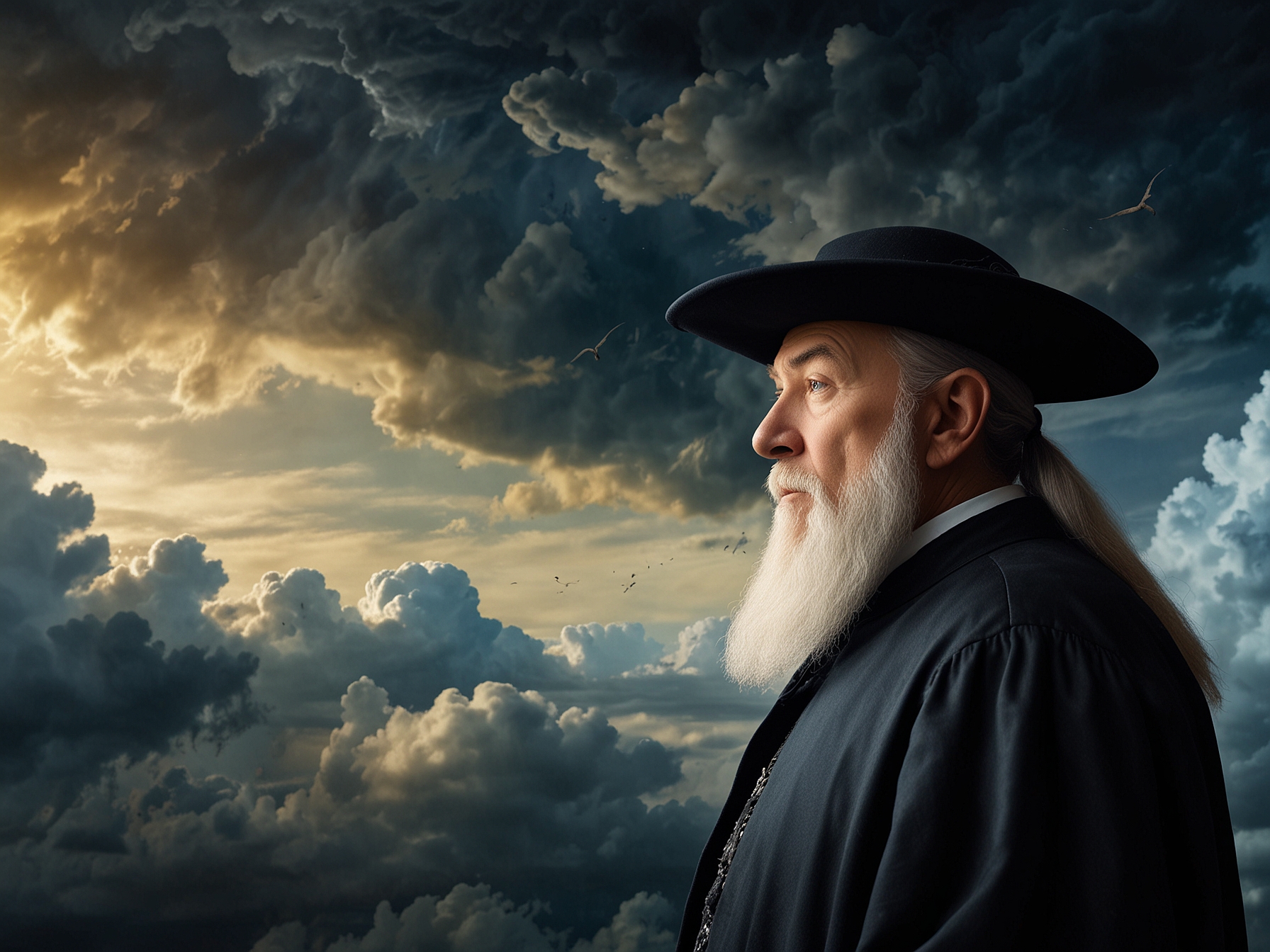
So, what exactly did Nostradamus foresee for 2025? As we scroll through social media, particularly TikTok, his prophecies have gained traction. But are we genuinely on the brink of disasters foretold? Let’s delve into his most alarming predictions.
One alarming vision points to a potential new world war. Many interpret his writings as a prophecy of conflict involving major powers. As we witness tensions rising, especially with the ongoing war in Ukraine, concerns about World War III feel tangible. Could this fracture global stability? It’s a chilling thought.
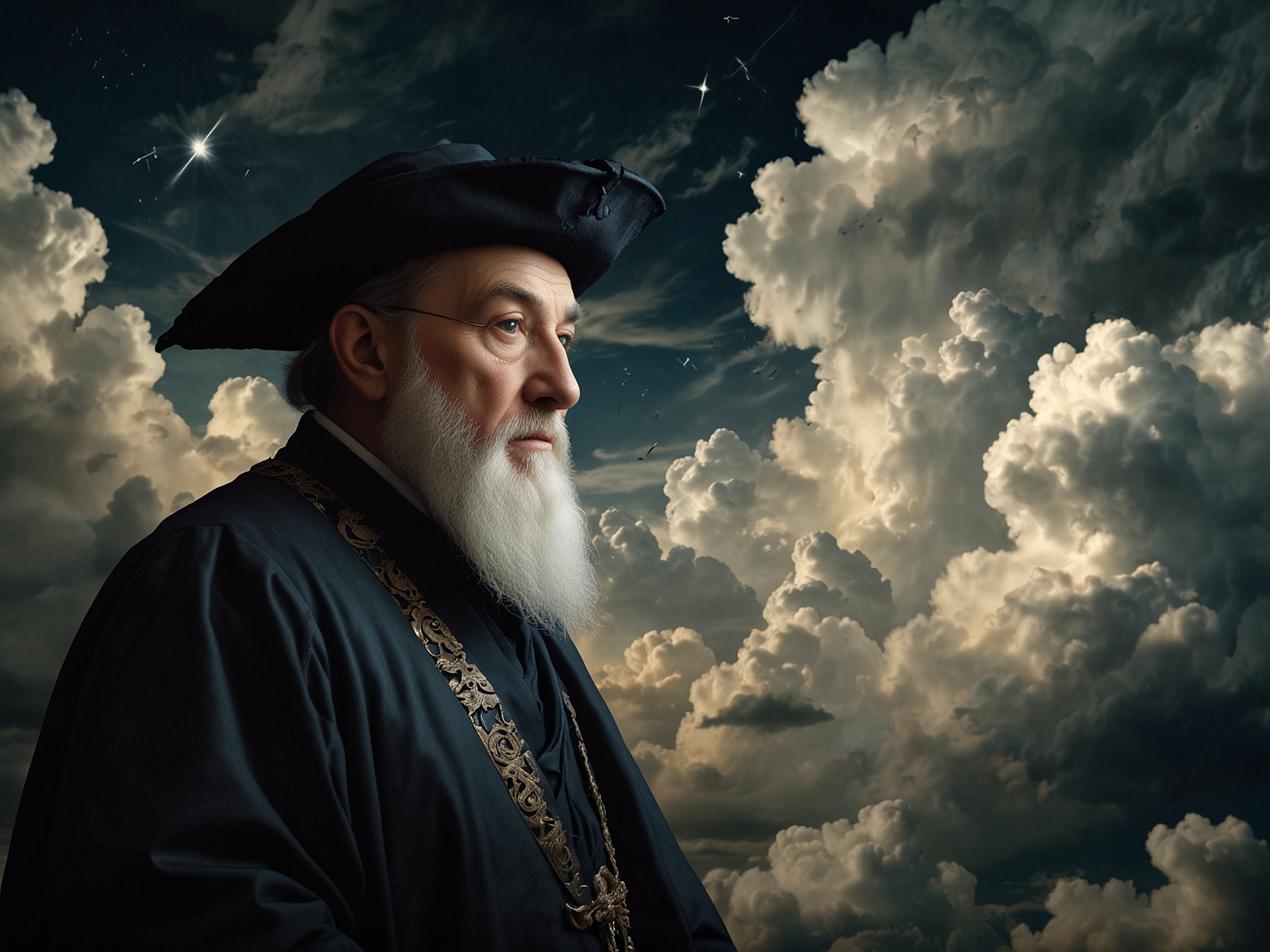
Nostradamus also warned of severe climate change. He envisioned unprecedented heat waves hitting Europe, triggering droughts and wildfires. Just think about this: we already experience extreme weather. How might that evolve in the coming years? This prediction underscores a serious reality we face today—climate change is not just a theory; it’s an alarming truth.
As environmental pressures mount, another foreboding prophecy hints at a worldwide economic crisis. Economic instability might ignite social unrest. Imagine a world where daily essentials become luxuries. Would we unite to cope, or would divisions deepen? Nostradamus’s predictions invite us to reflect on our societal resilience, or lack thereof.
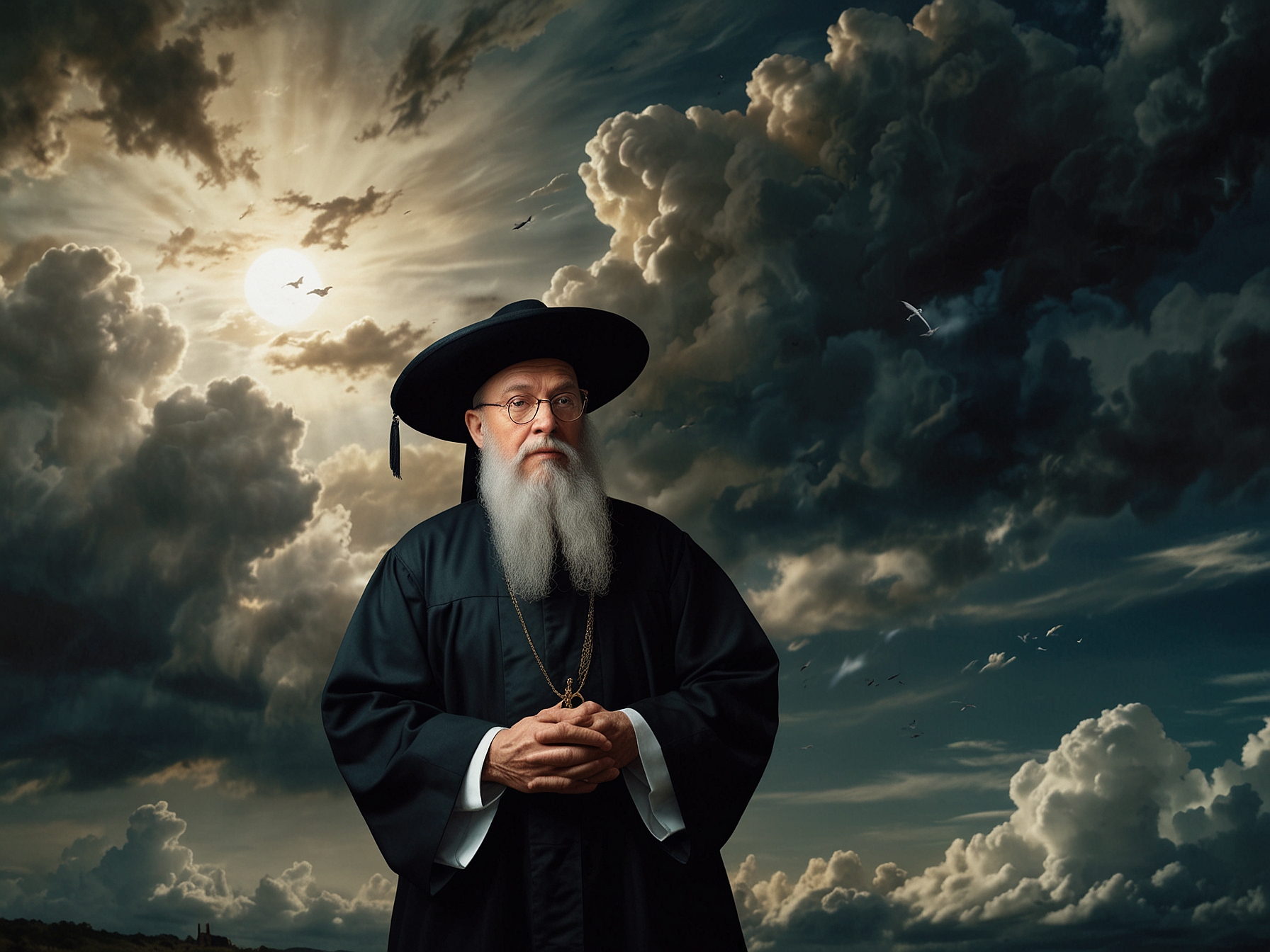
Beyond these themes of doom, other intriguing prophecies linger. There’s the potential discovery of extraterrestrial life on Mars. Then, we confront the specter of a global famine matching the horrors of our past. It’s astonishing—yet horrifying—that Nostradamus had such foresight.
He predicted a devastating earthquake in Japan. The nation, already accustomed to tremors, might face a calamity that tests not just buildings, but the human spirit. Can we learn from history to build more robust systems? Nostradamus leaves us with these questions.
Lastly, one immensely provocative prediction involves the downfall of a superpower, hinting at America’s potential decline. The thought stirs a mix of anxiety and curiosity. How can we promote unity to prevent such a fate? Or could this push us to rethink our global role?
Nostradamus remains a polarizing figure. For some, he’s a prophet heralding doom. For others, a truth-teller whose insights reflect our ongoing struggles. Whatever the case, his writings provoke necessary conversations. If nothing else, they encourage us to examine our world with a more critical eye.
Who was Nostradamus, you might wonder? Born Michel de Nôtre-Dame in 1503, he was a physician, astrologer, and visionary. His book ‘Les Prophéties’ hit the shelves in 1555. Ever since, his interpretations and implications have sparked speculation. From skeptics to believers, his impact is undeniable.
As we navigate 2025 and beyond, how do we reconcile these prophecies with reality? Will they guide us, haunt us, or motivate us to change? Each of us holds the potential to influence the future. Are we willing to take that responsibility?

